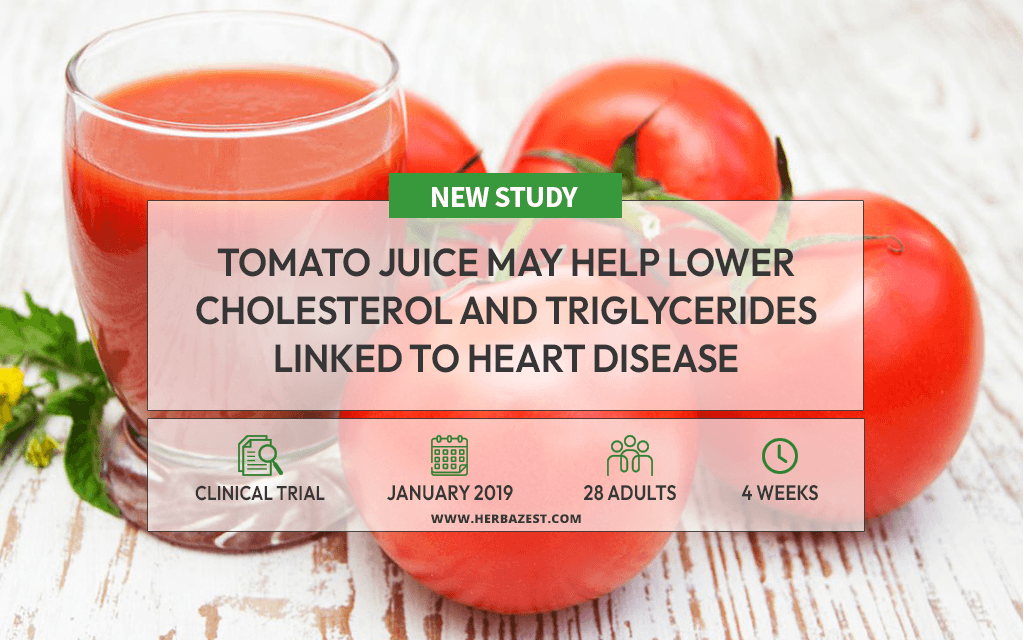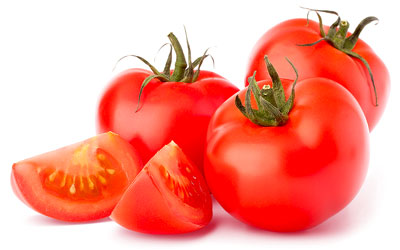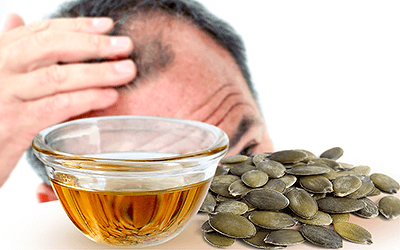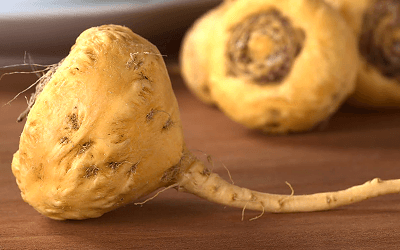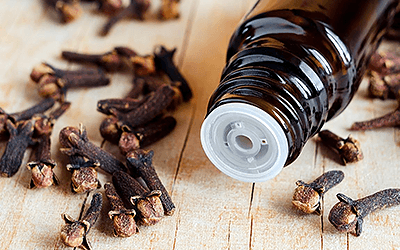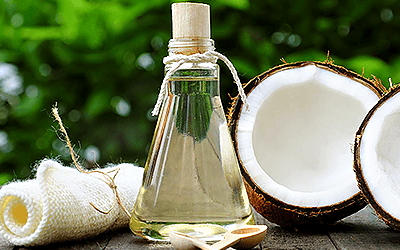Some of the most important risks factors of cardiovascular disease include high blood pressure, high cholesterol, and excess weight, among others.1
While tomatoes are mainly known for their lycopene content, they are also rich in polyphenols, such as flavonoids and tannins. Their potential vasodilatory and immunomodulatory effects are being studied in terms of cardiovascular benefits.2
This study was conducted to compare the effects of tomato juice enriched with polyphenols on cardiovascular disease risks.
The Study
This randomized clinical trial took place at the University of Belgrade in Belgrade, Serbia, where 28 employees were recruited from the university's Faculty of Pharmacy as participants.
Recruits were diagnosed with stage 1 hypertension, defined as systolic pressure from 120 to 139 mmHg and/or a diastolic pressure from 80 to 89 mmHg. All were borderline overweight.
They were randomly divided into two groups. The experimental group was given 200 g of tomato juice enriched with ethanolic extract (rich in polyphenols) of whole tomato per day, whereas the control group received 200 g of regular tomato juice daily.
Dietary and exercise journals were kept throughout the study. Blood samples, blood pressure, and other measurements were assessed before and after the trial.
The trial lasted for four weeks, and its results are available in the Plant Foods for Human Nutrition journal.
The Results
Neither of the groups showed significant improvements in the blood pressure.
There was a significant decrease in triglycerides and low-density protein (LDL) cholesterol in the control group, but not the experimental group.
What Does this Mean?
This study demonstrated that tomato juice may help reduce certain cardiovascular factors by reducing LDL cholesterol and triglycerides levels.
Contrary to the researchers' hypothesis, tomato juice alone showed better results than tomato juice enriched with polyphenols. They point to fortification methods as a potential explanation for this discrepancy.
Researchers encourage further studies to clarify tomato's effects on blood pressure because their results contradict previous studies showing their hypotensive benefits.
Other herbs known for their heart-protecting benefits are kale, quinoa, blueberries, walnuts, and avocados.
Sources
- Plant Foods for Human Nutrition, Comparison of Polyphenol-Enriched Tomato Juice and Standard Tomato Juice for Cardiovascular Benefits in Subjects with Stage 1 Hypertension: A Randomized Controlled Study, 2019
Footnotes:
- NHS. (2018). Cardiovascular disease. Retrieved October 16, 2020 from https://www.nhs.uk/conditions/cardiovascular-disease/
- Current Atherosclerosis Reports. (2014). Polyphenols, Inflammation, and Cardiovascular Disease. Retrieved October 16, 2020 from https://www.ncbi.nlm.nih.gov/pmc/articles/PMC3651847/
